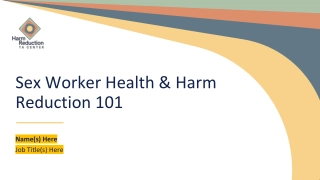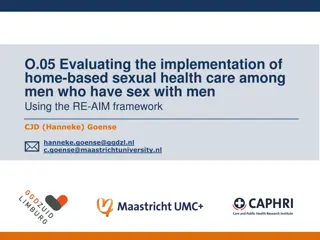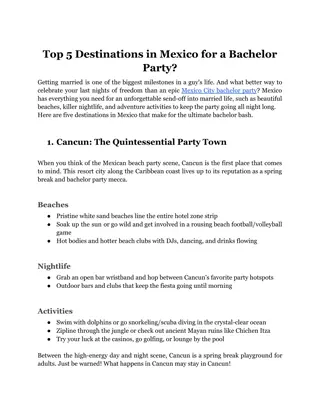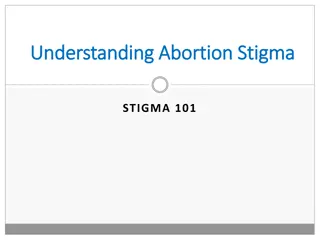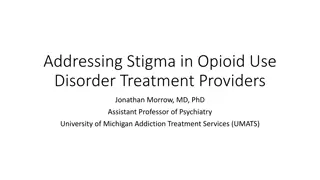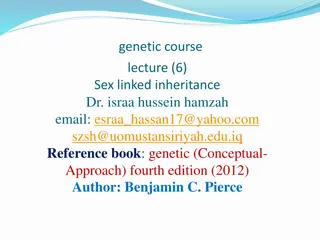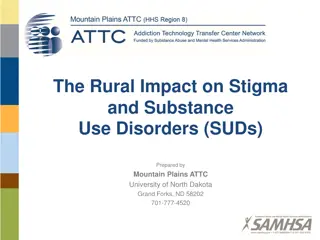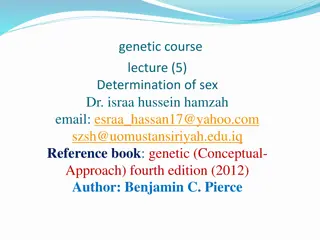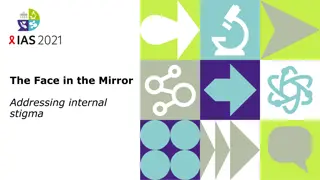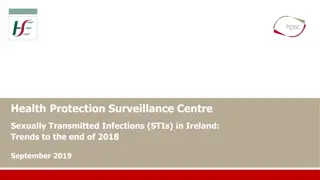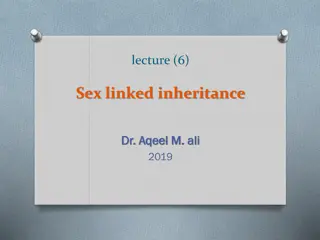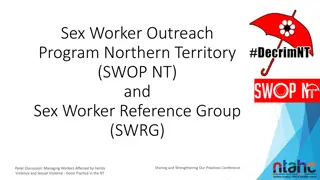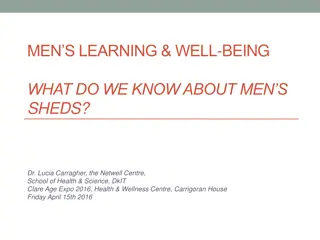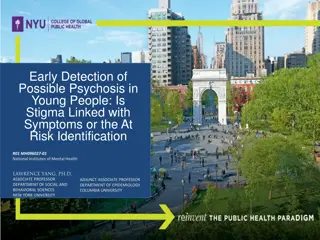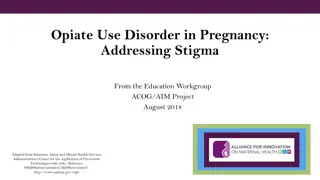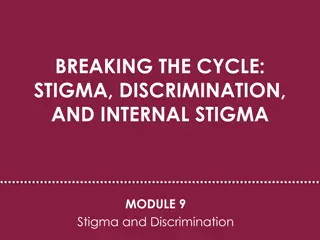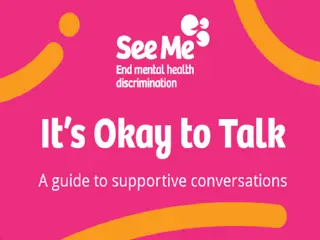Stigma and Online Sex-Seeking among Men in Tijuana, Mexico
This cross-sectional study examines stigma and online sex-seeking behaviors among men who have sex with men and transgender women in Tijuana, Mexico. The research sheds light on the intersection of stigma and digital platforms for sexual encounters, contributing valuable insights to public health interventions and advocacy efforts in the region.
Download Presentation

Please find below an Image/Link to download the presentation.
The content on the website is provided AS IS for your information and personal use only. It may not be sold, licensed, or shared on other websites without obtaining consent from the author.If you encounter any issues during the download, it is possible that the publisher has removed the file from their server.
You are allowed to download the files provided on this website for personal or commercial use, subject to the condition that they are used lawfully. All files are the property of their respective owners.
The content on the website is provided AS IS for your information and personal use only. It may not be sold, licensed, or shared on other websites without obtaining consent from the author.
E N D
Presentation Transcript
Stigma and online sex-seeking among men who have sex with men and transgender women in Tijuana, Mexico: a cross-sectional study Cristina Espinosa da Silva, Laramie R. Smith,Thomas L. Patterson, Shirley J. Semple, Alicia Harvey-Vera,Stephanie Nunes,Gudelia Rangel,Heather A. Pines Funding from National Institute on Drug Abuse grants: K01DA040543, R01DA037811, T32DA023356, and K01DA039767 Share your thoughts on this presentation with Share your thoughts on this presentation with #IAS2019 #IAS2019 @ @cespinosadsilva cespinosadsilva
Background ~20% HIV prevalence among MSM and TW in Tijuana, 89% unaware of their HIV+ status1,2 Prior HIV testing associated with lower levels of internalized stigma and greater outness3 Due to popularity of online sex-seeking among MSM and TW globally, HIV interventions delivered via online sex- seeking platforms may reach those most affected by stigma towards sexual and gender minorities4,5 Objective Examine the effect of stigma on online sex-seeking among MSM and TW in Tijuana, Mexico Methods MSM and TW recruited via respondent-driven and venue-based sampling (2015-2018) Participants underwent HIV testing and completed interviewer-administered surveys that collected information on seeking sex partners online in the past 4 months and five factors hypothesized to shape or be influenced by stigma Logistic regression used to evaluate the effect of each stigma measure on online sex-seeking 1 Pitpitan et al., J Int AIDS Soc, 2015; 2 Salas-Espinoza et al., AIDS Behav, 2017; 3 Pines et al., BMJ Open, 2016; 4 Muessig et al., Curr HIV/AIDS Rep, 2015; 5 Cao et al., J Med Internet Res, 2017.
Results 29% of sample reported seeking sex partners online in the past 4 months Associations between factors that shape or are influenced by stigma towards sexual and gender minorities and online sex-seeking AORd 95% CI Hypothesis Findings Traditional machismoa 0.37 0.19, 0.71 Internalized stigma related to same-sex sexual behavior or gender identity 0.96 0.94, 0.99 Gay-identifyingb 2.04 1.30, 3.21 Outness about same-sex sexual behavior or gender identity 1.17 1.06, 1.28 History of discrimination related to same-sex sexual behaviorc 1.85 1.10, 3.14 Abbreviations: AOR=adjusted odds ratio; CI=confidence interval. a Restricted to HIV-negative participants. b Restricted to MSM participants. c Restricted to HIV-negative MSM participants. d Adjusted for recruitment method, gender identity (in models not restricted to MSM), age, education, monthly income, years of residence in Tijuana, and social support.
Conclusions Online sex-seeking is relatively common among MSM and TW in Tijuana Online sex-seeking platforms may be a feasible way to engage MSM and TW in HIV prevention and care Contrary to our hypothesis, MSM and TW most affected by stigma were least likely to seek sex online Research is needed to identify effective and acceptable strategies to engage highly stigmatized MSM and TW in Tijuana in HIV testing, prevention, and care Future research should monitor changes in use of online sex-seeking platforms among MSM and TW in low- and middle-income countries


